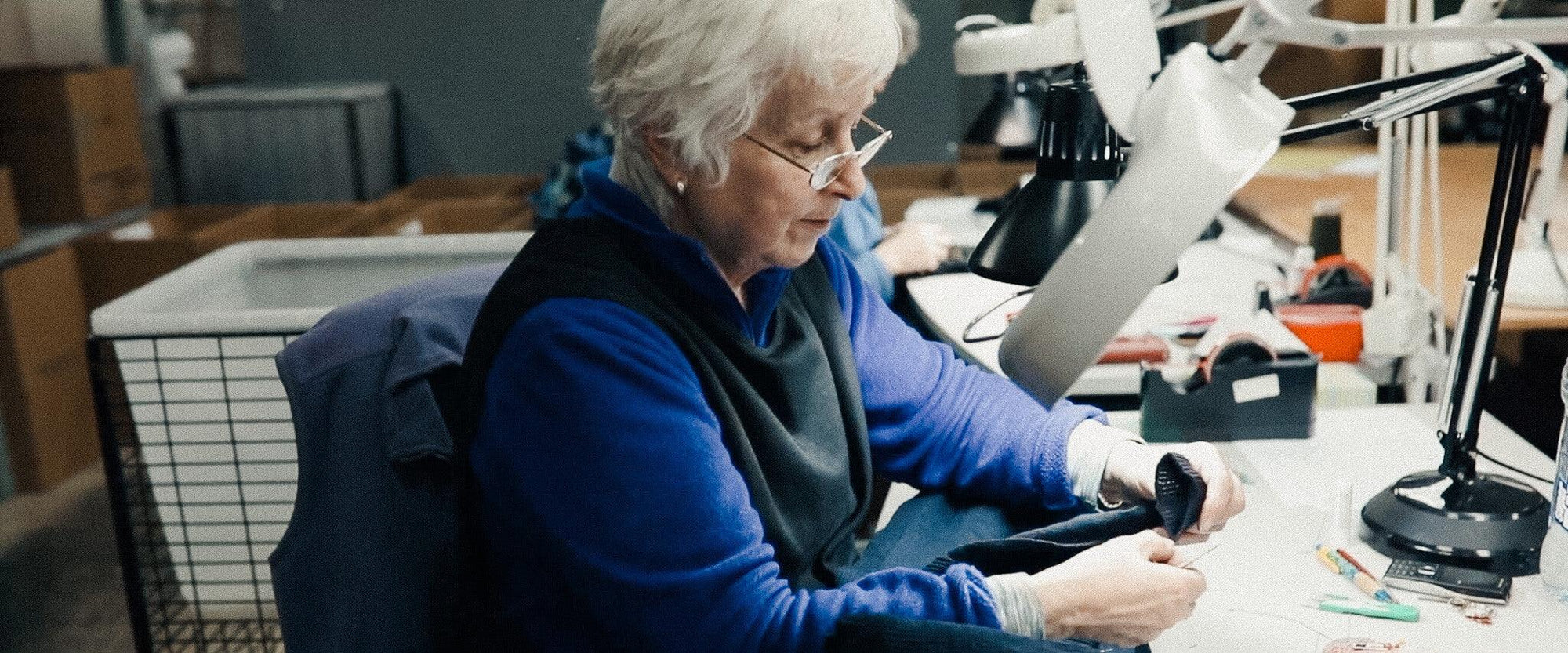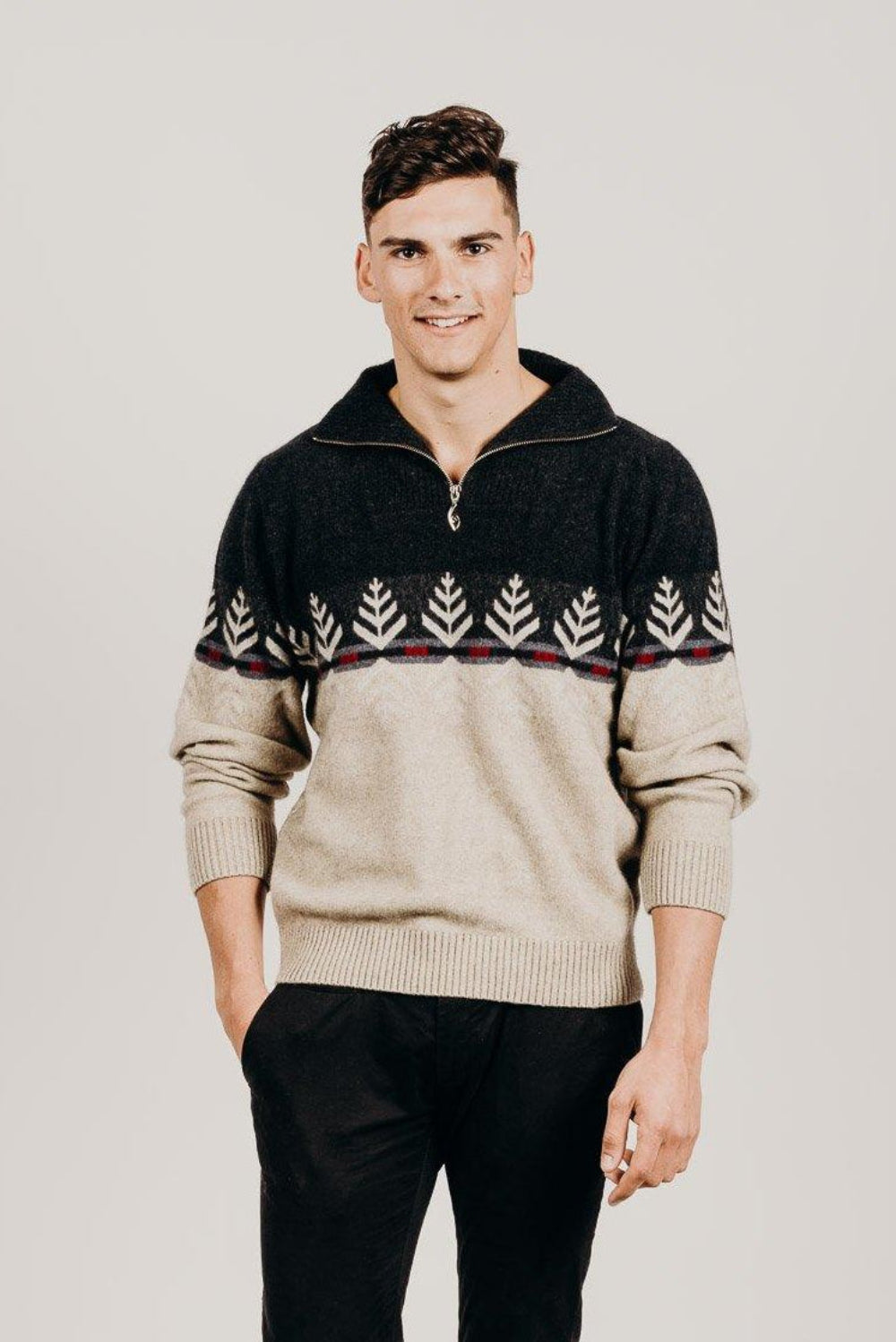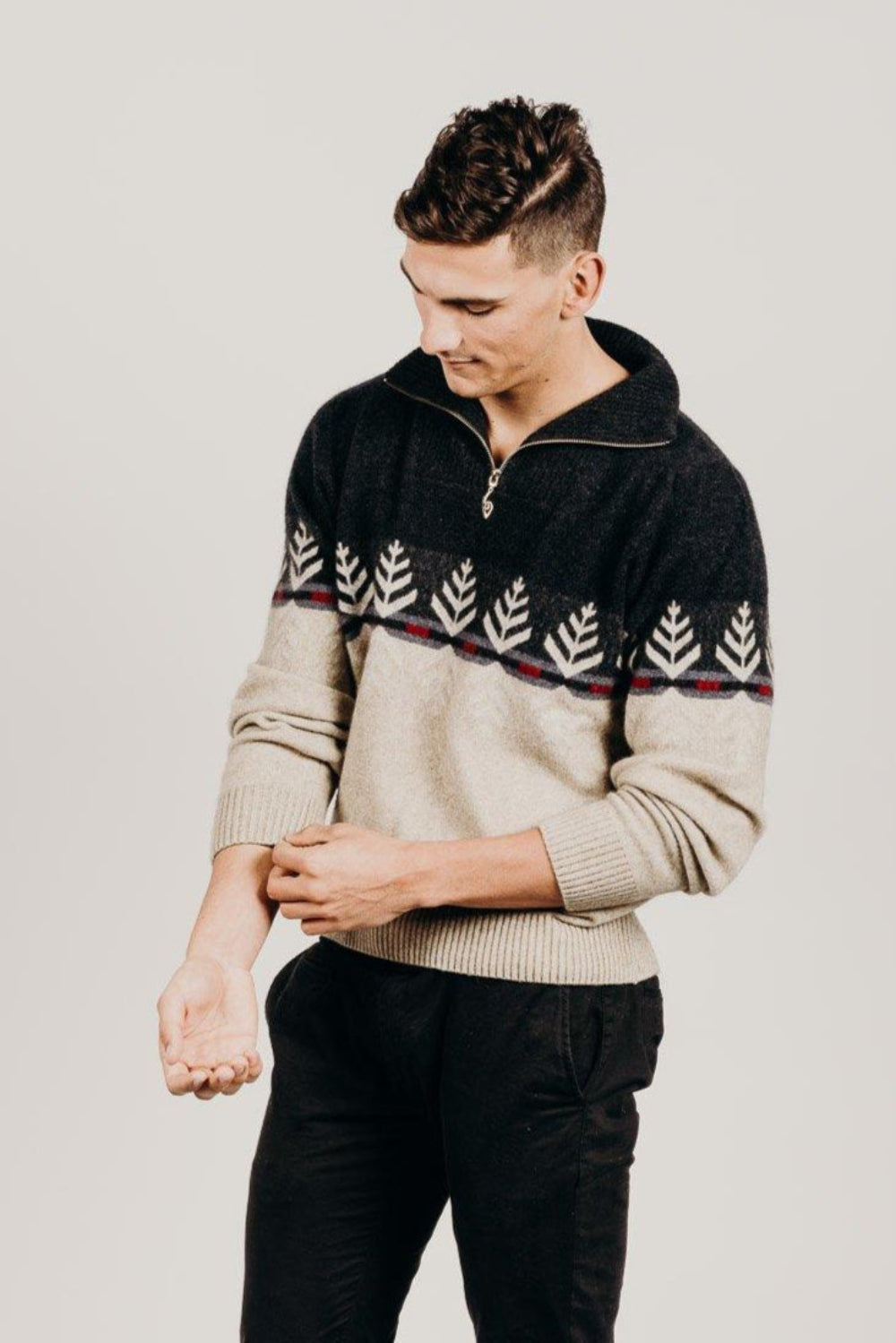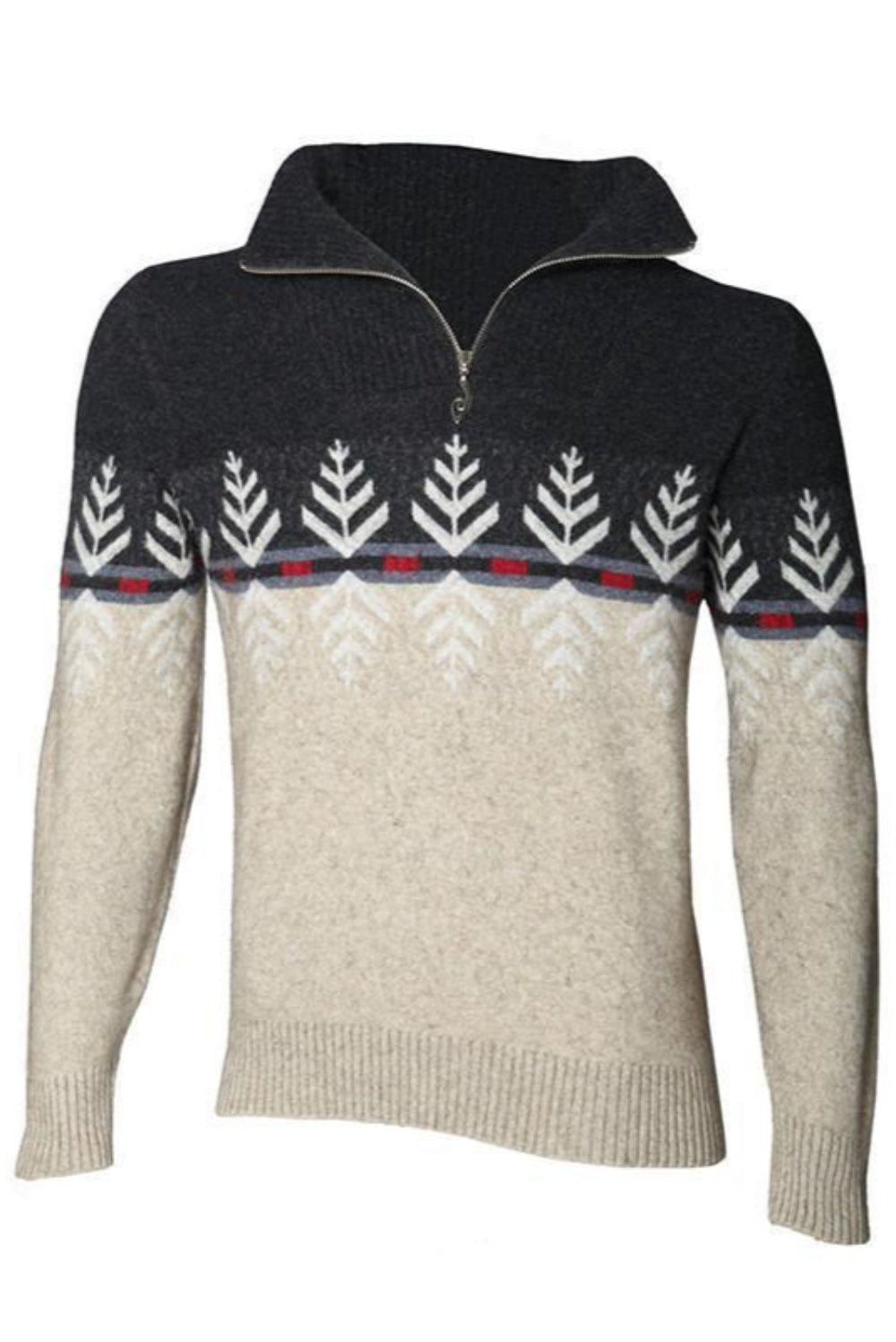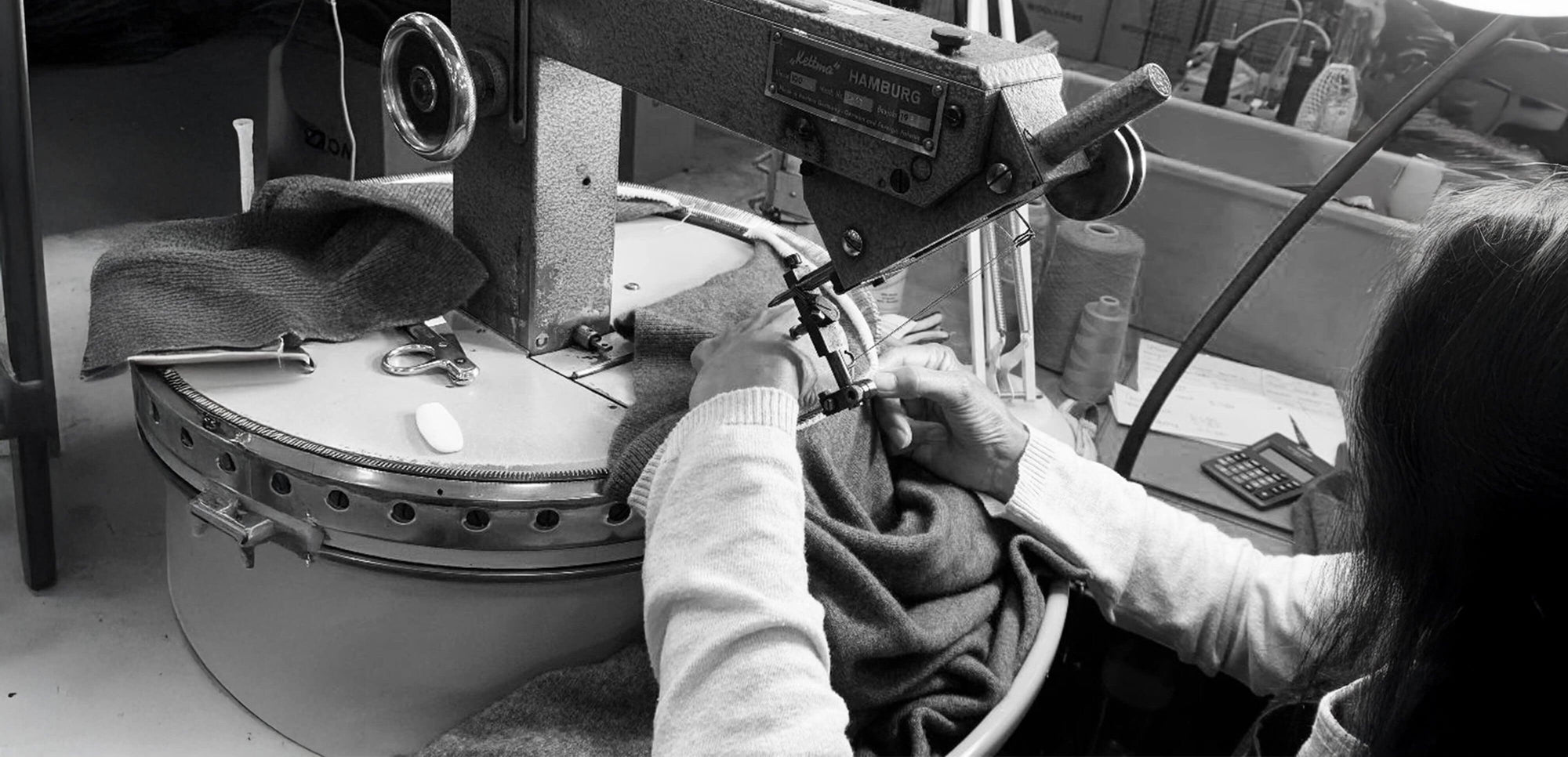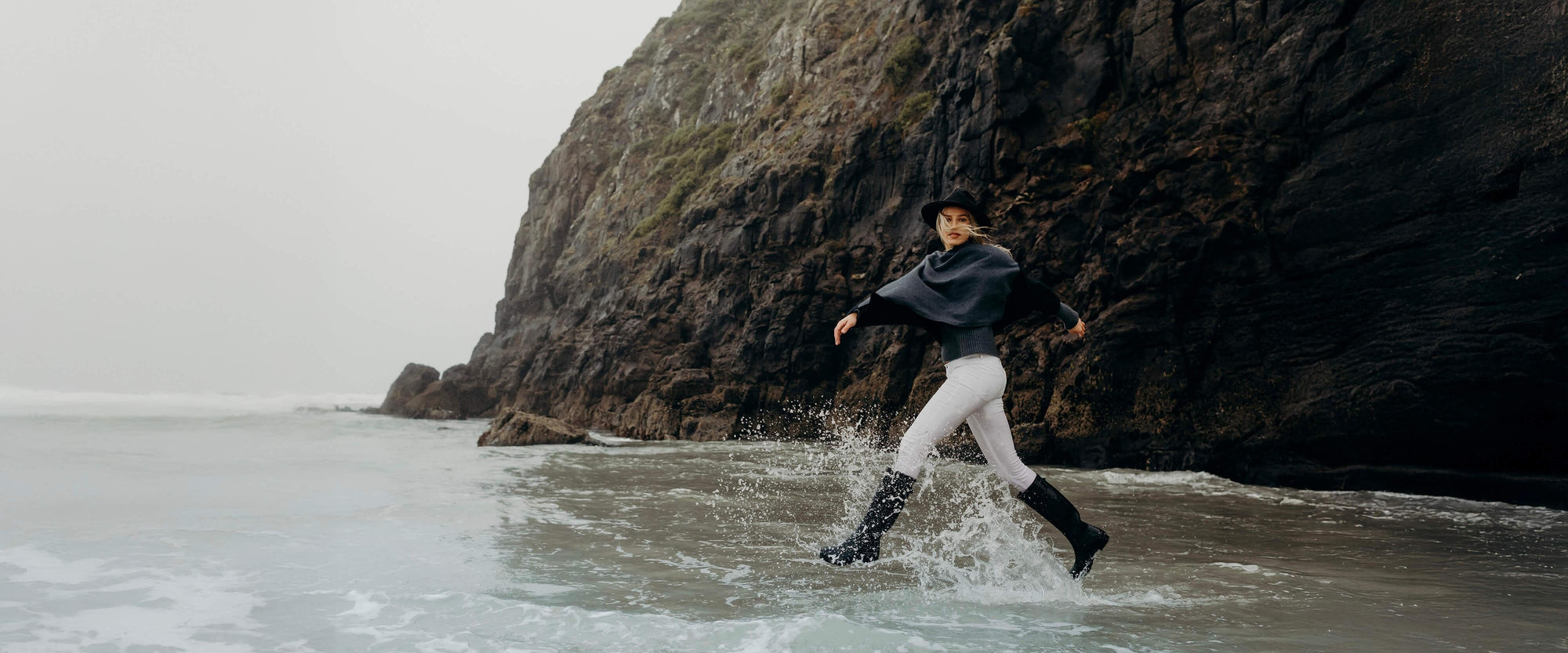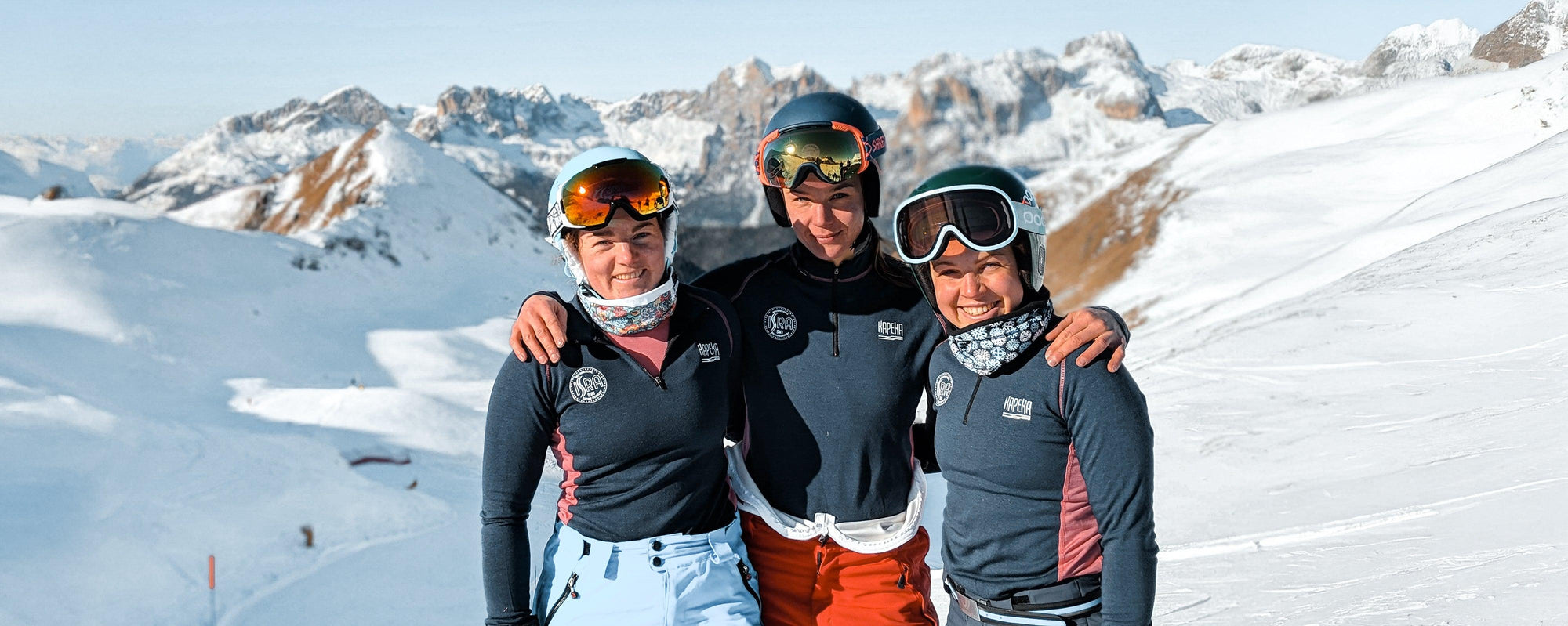Regenerative Fibre from New Zealand Possum Fur
Kapeka Merinosilk and Mahana fibres utilise Possum fur to create regenerative and sustainable knitwear.
The common brushtail possum, was first introduced to New Zealand from Australia in 1837 to establish a fur trade. The possum has a thick, bushy tail, thick body fur, a pointed snout and large, pointed ears. They are now widespread across most of New Zealand.

According to Department of Conservation (DOC) of New Zealand, the possum is one of the greatest threats to New Zealand natural environment. Possums have a significant impact on many of New Zealand’s natural ecosystems. They occur in high numbers and their own predators, such as feral cats, do not have much effect on controlling possum population size. It is estimated that there are around 30 million possums in New Zealand today.
Possums are voracious eaters – in New Zealand they consume an estimated 21,000 tonnes of vegetation a night. Most noticeably, they destroy spectacular flowering trees such as pōhutukawa and rātā. They also change the overall structure and composition of native forests.
Possums can cause catastrophic dieback, the complete collapse of a forest canopy – especially tree species that possums prefer, such as rātā and kāmahi. In the southern rātā–kāmahi forests of Westland, many valleys lost more than 50% of canopy trees within 15–20 years of possums arriving.
The forest trees are then replaced by shrubs that are unpalatable to possums, and the area changes from tall forest to low open forest and shrublands.
Possums often select one tree and systematically strip it. They feed on new shoots, making it harder for trees to recover from weather and insect damage, and slowing their growth.
By eating flowers, possums stop seeds forming. Many plants fail to regenerate under possum assault.
Leaves are the main part of their diet, but possums are opportunistic omnivores. They eat buds, flowers, fruit/berries and nectar, which means they compete with native birds and reptiles for food sources. The growth and life-cycle of a tree or plant is significantly affected when all parts of it are eaten.
Possums also eat the eggs and chicks of some of our endangered species of native forest birds of New Zealand such as Kokako. They often occupy holes in tree trunks for their nests which would otherwise be used by nesting birds such as kākāriki and saddlebacks. The survival of whole ecosystems is affected by the possum.

Possums are classified as a pest in New Zealand and efforts & initiatives have been made to reduce their number including “Predator Free 2050”.
At Kapeka, we make use of possums caught in the wild through the pest control process to develop our fibres Merinosilk & Mahana Cashmere. In doing so, we turn a natural hazard into a collection of beautifully New Zealand made fashion with sustainability in mind. Utilizing a natural fibre like possum also helps reduce the amount of synthetic fibres in production.
Possum hair follicle structures are hollow, which provides great insulation, retains heat as well as being lightweight. Possum fur is thick and soft and its fibre is 35% warmer than cashmere and 50% warmer than Merino wool. Possum wool is often combined with Merino wool to create a soft and warm fabric that does not pill.
Please check out our fibres using possum fur here:
Kapeka is proud that since 2000, we have removed over 600,000 Possum from New Zealand’s Forests. By buying Kapeka Merinosilk or Mahana Cashmere knitwear, you are also supporting the regeneration of New Zealand natural environment!!
Learn more about Possum and their impacts:
- Possum. An ecological nightmare. | New Zealand Geographic (nzgeo.com)
- Possums: New Zealand animal pests and threats (doc.govt.nz)
- Possums – Te Ara Encyclopedia of New Zealand (teara.govt.nz)



